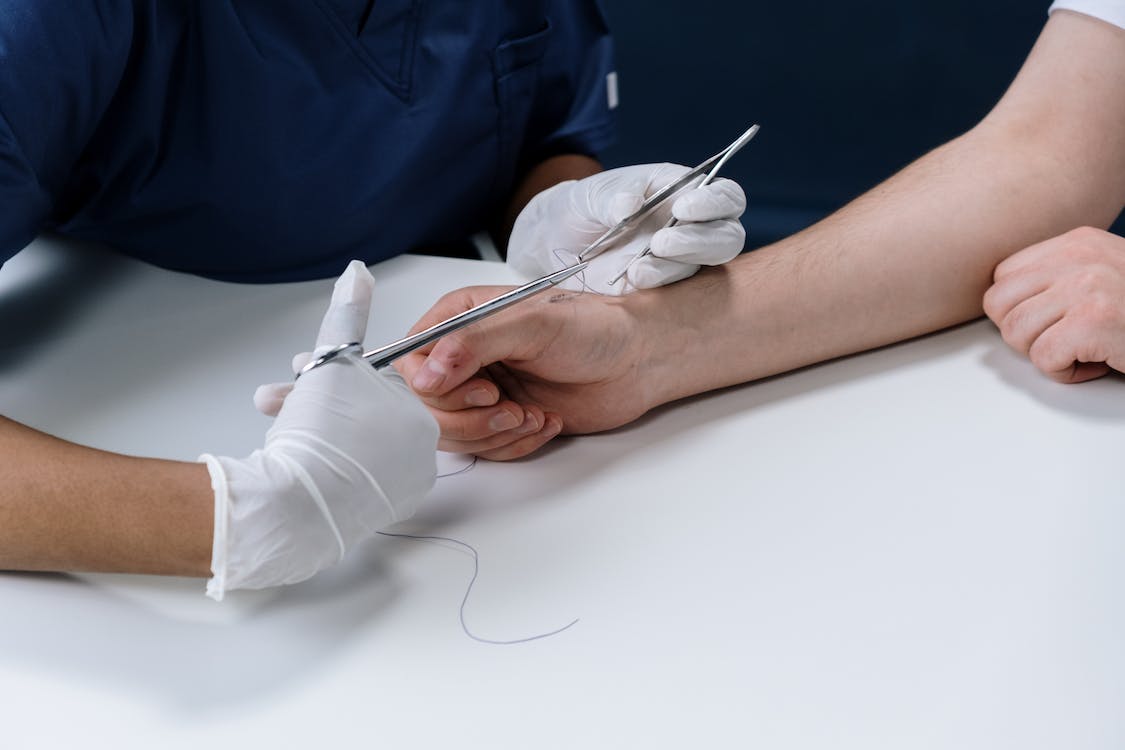Recently, Nassim Annabi, an assistant professor of Northeastern University in the United States, and other researchers from the University of Sydney in Australia jointly developed an advanced surgical glue MeTro. When using, the glue directly enters the wound and is solidified and sealed within 60 seconds. Naxim said, "The advantage of MeTro formula is that once it touches the organ, it will appear as gel instantly and will not slip."
If they had to, the surgeon would operate with a knife. The cut wound is traditionally sutured with thread, or stapled like a staple, and then stitches are removed and stitches are removed.

Nassim Annabi, an assistant professor of Northeastern University in the United States, and other researchers from the University of Sydney in Australia jointly developed an advanced surgical glue MeTro. When using, the glue directly enters the wound and is solidified and sealed within 60 seconds. Naxim said, "The advantage of MeTro formula is that once it touches the organ, it will appear as gel instantly and will not slip."
The researchers of "MeTro" surgical sealant said that it can replace the suture or stapler used by doctors, with short postoperative recovery time and fewer complications. But its benefits go far beyond that. Its ability to seal quickly makes it suitable for emergency stations, such as car accidents, terrorist attack sites, or battlefield. Scientists jokingly said that spraying wounds with it was as simple as applying silicone sealant to bathroom tiles.
The mystery of this glue's solidification is that it is mixed with natural high elastic protein and photosensitive molecules, and can solidify within 60 seconds after exposure to ultraviolet light. Ultraviolet rays also make this glue form a tight structure with the surface of tissues and organs, and still maintain elasticity.
The sealant is elastic and has good properties. This makes it suitable for treating wounds in organs that need to be scaled continuously (such as lungs or hearts), because ordinary sealants often cause wounds to crack due to organ contraction and expansion. The team said that some organs often have body fluids, which will also make the conventional sealant ineffective, so it is no problem to use MeTro instead.
Metro glue is naturally degradable. Miraculously, because it contains a kind of degrading enzyme, with the help of its control and adjustment, it can also determine how long the glue will be kept according to the time required for wound healing, either for a few hours or months.
At present, MeTro team has carried out a successful experiment to quickly seal the arteries of rodents and the wounds of pig lungs. Inspired by this result, the team is shifting its focus to human experiments.
"It seems that MeTro can keep stable during the period when the wound needs to adapt to harsh mechanical conditions, and it has almost no toxic symptoms. As a surgical sealant, it is highly flexible and effective, and has potential to be superior to the suture and binding treatment of lungs and blood vessels." Said Ali Hadm Hosseini, a professor at Harvard Medical School who helped develop MeTro.
The team's research results were published in the journal Science Translational Medicine.
